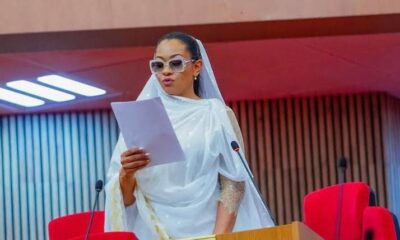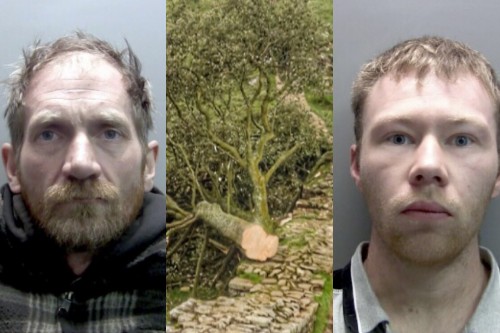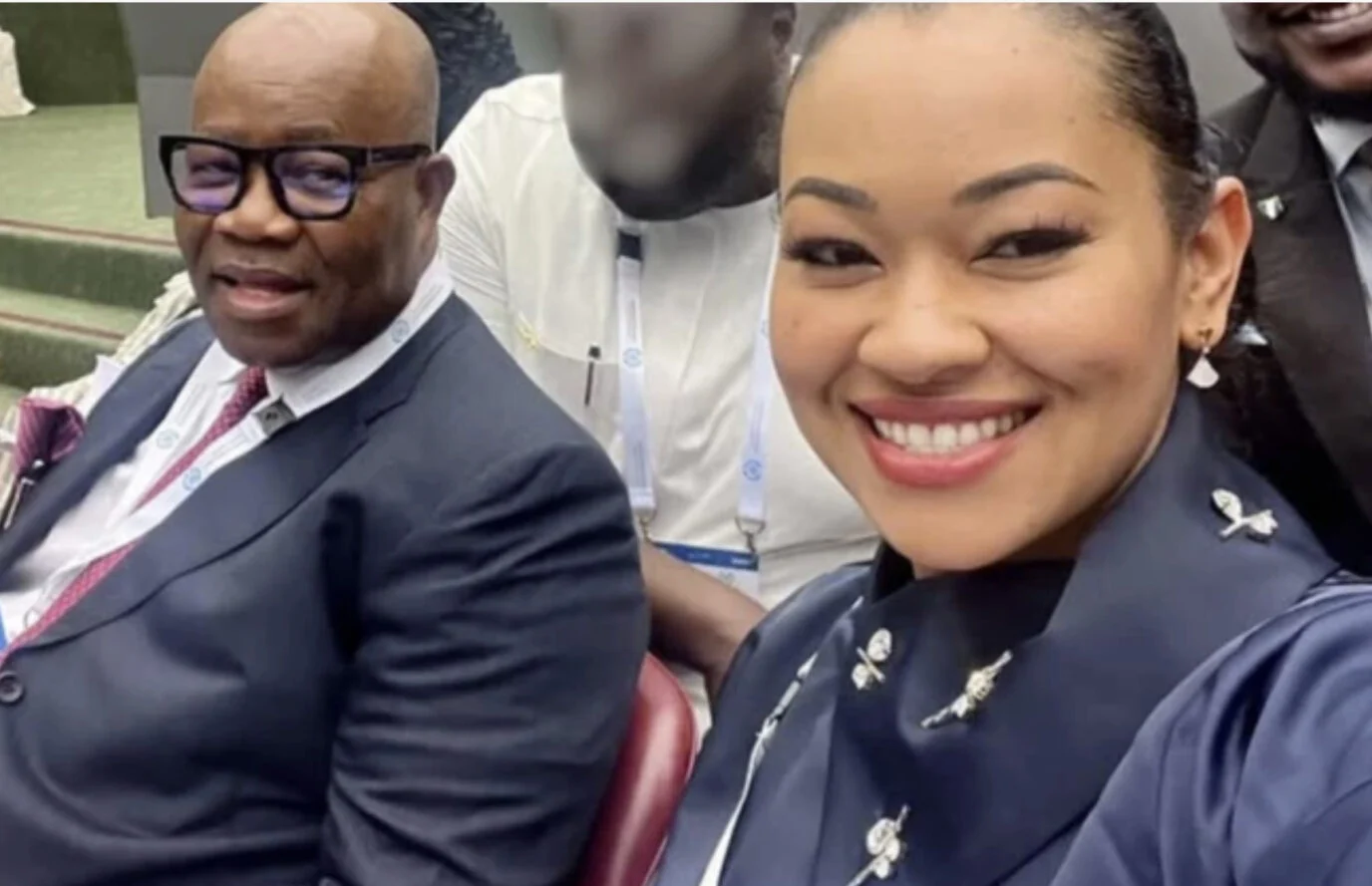The total amount of electricity tariff subsidy shortfall borne by the Federal Government in 2024 reached ₦1,949 billion.
This figure, based on data from the Nigerian Electricity Regulatory Commission’s 2024 Annual Report, resulted from electricity tariffs that were set below cost-reflective levels for the year under review.
To bridge the gap between actual cost-reflective tariffs and the approved ones, NERC stated that the government provided tariff shortfall funding totaling ₦1,949.17 billion in 2024.
However, the report did not clarify whether the Federal Government had already disbursed this subsidy amount.
An in-depth look at the data reveals that in Q1 2024, the Federal Government incurred ₦633 billion in gross tariff shortfalls. In Q2, the amount dropped to ₦380 billion. By Q3, it rose again to ₦464 billion and further increased to ₦471 billion in Q4.
Meanwhile, electricity Distribution Companies recorded a significant 40 percent year-on-year increase in revenue for April 2025, with total billing amounting to ₦257.57 billion for the month.
During this period, electricity companies collected ₦199.85 billion in revenue, marking a notable increase in recent records, according to NERC.
Despite this collection milestone, the efficiency rate stood at 77.6 percent — an improvement from March’s 71.1 percent — but still not sufficient to meet the full liquidity demands of the Nigerian Electricity Supply Industry.
The surge in billing occurred even as total energy received by Discos declined to 2,622.46 gigawatt-hours, reflecting a 9.2 percent decrease compared to the previous month.
Out of that, 2,184.61 GWh were actually billed to customers — a 5.8 percent drop — indicating that the increase in revenue was driven primarily by higher tariffs rather than improved electricity supply. This especially affected Band A customers, who began paying cost-reflective rates of about ₦209 per kilowatt-hour after the April 2024 tariff revision, up from ₦66/kWh.
The new tariff structure, which significantly raised power costs for Band A customers, was designed to better reflect the actual cost of supply, lessen the government’s subsidy burden, and enhance investor confidence by improving cash flow for Discos and Gencos.
In Q1 2025, the power sector billed a total of ₦744.27 billion and collected ₦553.63 billion, leading to a quarterly collection efficiency of 74.4 percent, slightly lower than the 77.4 percent recorded in Q4 2024.
From January to April 2025, total billing climbed to around ₦1.02 trillion, while unrecovered revenue amounted to ₦260 billion. This reflects ongoing issues with consumer payments, rising energy poverty, and inconsistent service levels.
A key concern remains the Aggregate Technical, Commercial, and Collection (ATC&C) losses, which averaged 39.6 percent in Q1 2025. This is nearly double the MYTO target of 20.5 percent, resulting in estimated losses of ₦200.5 billion.
In April, Eko Disco achieved full revenue collection, totaling ₦38.7 billion — a 28.82 percent increase. Ikeja Disco brought in ₦34.68 billion, marking a 6.1 percent rise, while Abuja Disco earned ₦30.27 billion, reflecting a 4.3 percent decline.

 BIG STORY4 days ago
BIG STORY4 days ago
 BIG STORY4 days ago
BIG STORY4 days ago
 BIG STORY21 hours ago
BIG STORY21 hours ago
 BIG STORY4 days ago
BIG STORY4 days ago
 BIG STORY4 days ago
BIG STORY4 days ago
 BIG STORY5 days ago
BIG STORY5 days ago
 BIG STORY3 days ago
BIG STORY3 days ago
 BIG STORY1 day ago
BIG STORY1 day ago
























